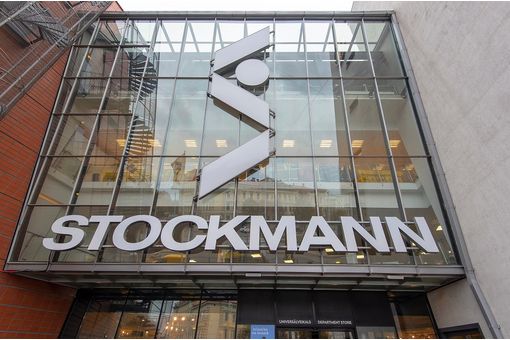Germany enters recession as Q1 2023 GDP shrinks past initial estimates

Insights
- Germany's Q1 2023 GDP contracted by 0.3 per cent, worse than initial estimates, due to high inflation and reduced household spending.
- Despite this, exports and manufacturing showed growth, while imports fell; employment rose but real earnings fell due to inflation.
- Germany's economic performance lagged behind other large EU states and the US.
Persistently high inflation burdened the economy, leading to a 1.2 per cent decrease in household consumption. Consumers spent less on apparel, footwear, and furnishings, reflecting their cautious spending behaviour.
“After GDP growth entered negative territory at the end of 2022, the German economy has now recorded two consecutive negative quarters,” said Ruth Brand, president of the Destatis.
Despite the domestic contraction, foreign trade contributed positively to the economy. Exports of goods and services increased by 0.4 per cent compared to Q4 2022, after adjustments. However, total imports reduced by 0.9 per cent, partly due to fewer imports of mineral fuels, such as crude oil and chemicals.
Manufacturing reported a quarter-on-quarter growth of 2.0 per cent in Q1 2023, despite a slowdown in March.
Year-on-year (YoY), the GDP was down 0.2 per cent in Q1 2023 compared to Q1 2022, after price adjustments. Household expenditure fell by 1.0 per cent from a year earlier, while government expenditure saw a more significant reduction of 5.4 per cent, mainly due to the discontinuation of state-funded COVID-19 measures. On the other hand, gross fixed capital formation saw a slight increase of 0.8 per cent.
Foreign trade also grew YoY, with exports increasing by 1.8 per cent and total imports by 1.7 per cent in Q1 2023, thanks to a substantial rise in service imports. Manufacturing recorded the largest increase in economic performance YoY, up 3.2 per cent after price adjustments.
Employment grew by 446,000, or 1.0 per cent YoY, with around 45.6 million people employed in Germany in Q1 2023. However, labour productivity per person fell by 1.1 per cent YoY.
In terms of compensation, gross wages and salaries increased by 6.9 per cent from a year earlier, as the number of employees also rose. However, the high inflation led to real earnings losses for employees at the start of 2023. The savings ratio stood at 13.8 per cent, slightly lower than the previous year’s figure.
Internationally, Germany’s economic performance trailed behind other large EU member states. While Germany saw a contraction, Spain and Italy reported GDP growth of 0.5 per cent, France saw a modest increase of 0.2 per cent, and the US also witnessed growth of 0.3 per cent in Q1 2023.
Fibre2Fashion News Desk (NB)
































-Ltd..jpg?tr=w-120,h-60,c-at_max,cm-pad_resize,bg-ffffff)





.jpg?tr=w-120,h-60,c-at_max,cm-pad_resize,bg-ffffff)
.jpg?tr=w-120,h-60,c-at_max,cm-pad_resize,bg-ffffff)






